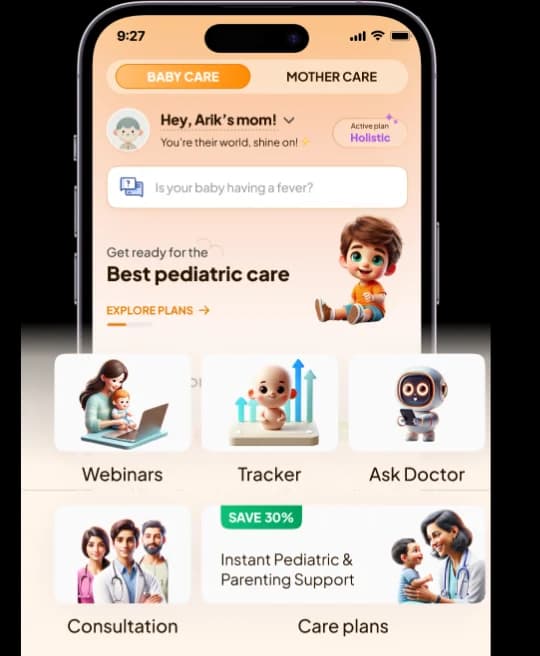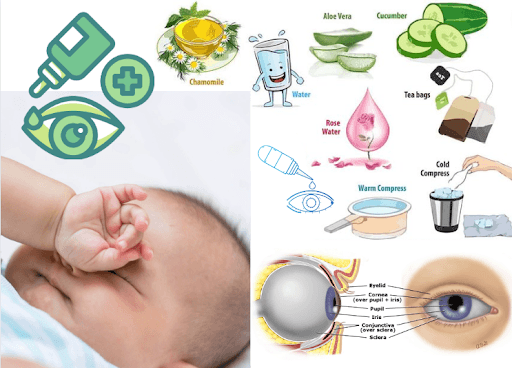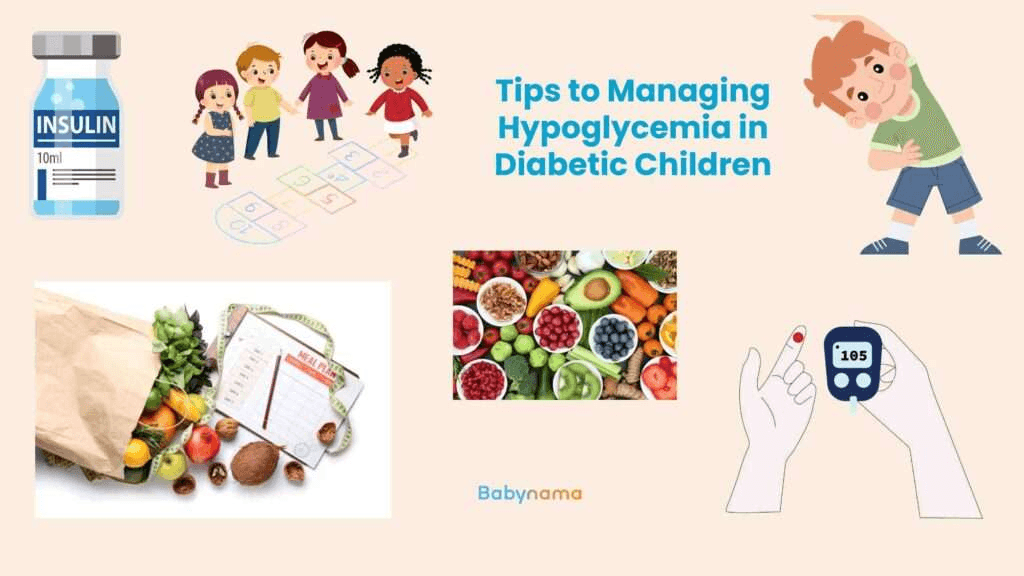
Welcome to the incredible journey of parenthood! As you navigate these precious early days, one of the most important steps you'll take is protecting your little one's health through vaccination. The first year is packed with essential shots that build a strong foundation of immunity against serious diseases.
It can seem like a lot, but this schedule is carefully designed to protect your baby when they are most vulnerable. This guide outlines the typical vaccinations recommended in India from birth up to 12 months, based largely on the Indian Academy of Pediatrics (IAP) guidelines, which often include vaccines also covered by the National Immunization Schedule (NIS).
Remember: Always consult your pediatrician! They will provide the precise schedule for your baby, discuss combination vaccine options, and answer all your questions.
The First Year Vaccination Journey:
- At Birth (Day 1): The Welcome Protection
- BCG (Bacillus Calmette-Guérin): Protects against severe forms of Tuberculosis (TB), particularly TB meningitis. Usually given as a small injection in the left upper arm, leaving a tiny scar later.
- OPV 0 (Oral Polio Vaccine - Zero Dose): The first dose to start protection against Polio, a disease that can cause paralysis. Given as oral drops.
- Hep B 1 (Hepatitis B - Birth Dose): First shot to protect against Hepatitis B, a viral infection that affects the liver.
- At 6 Weeks: The First Big Round
- DTwP / DTaP 1: First dose protecting against Diphtheria (severe throat infection), Tetanus (lockjaw), and Pertussis (whooping cough). Discuss the 'painful' (DTwP) vs 'less painful' (DTaP) option with your doctor.
- IPV 1 (Inactivated Polio Vaccine): First injectable dose for enhanced Polio protection.
- Hib 1 (Haemophilus influenzae type b): Protects against serious illnesses caused by Hib bacteria, like bacterial meningitis and pneumonia.





